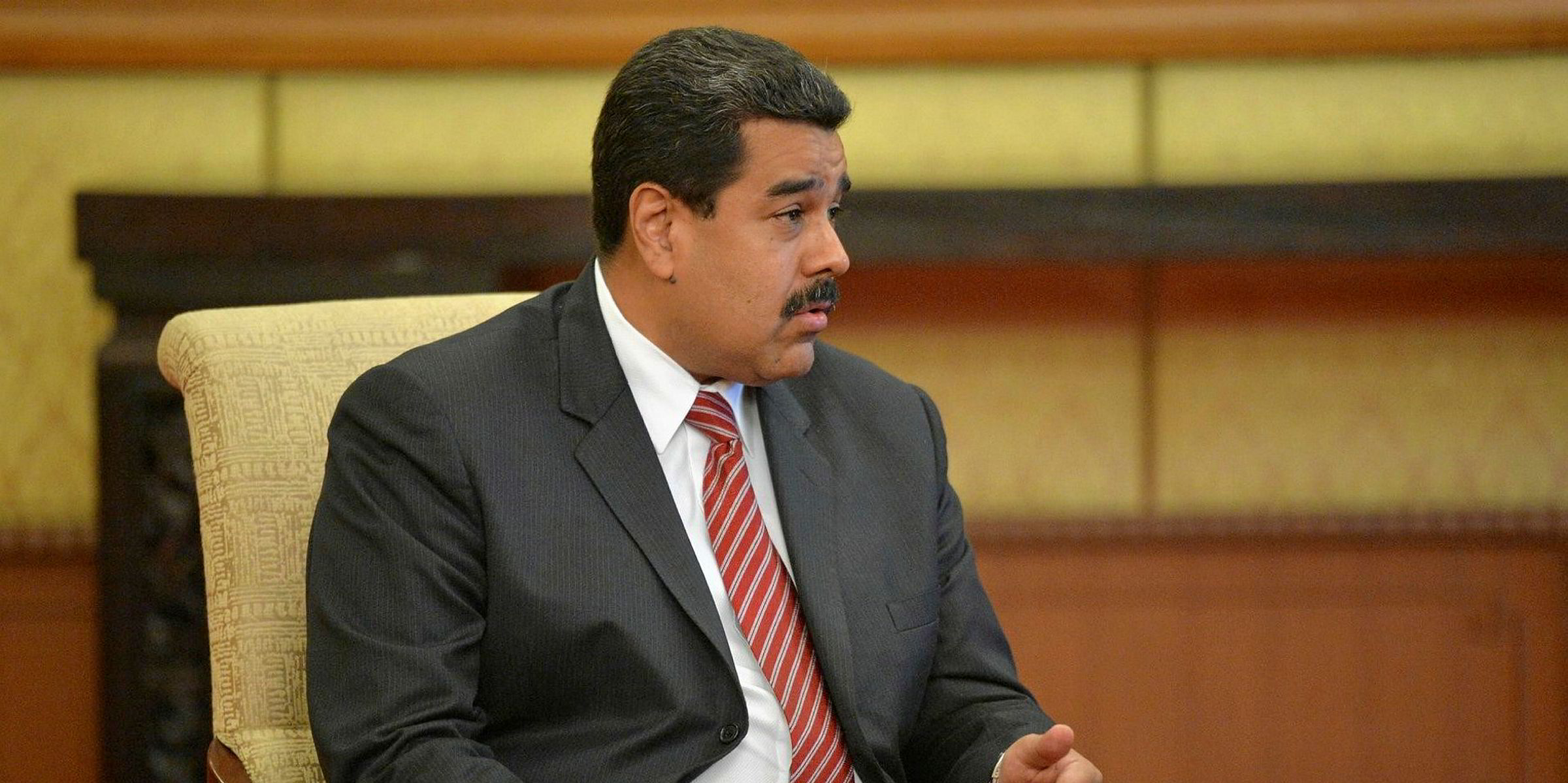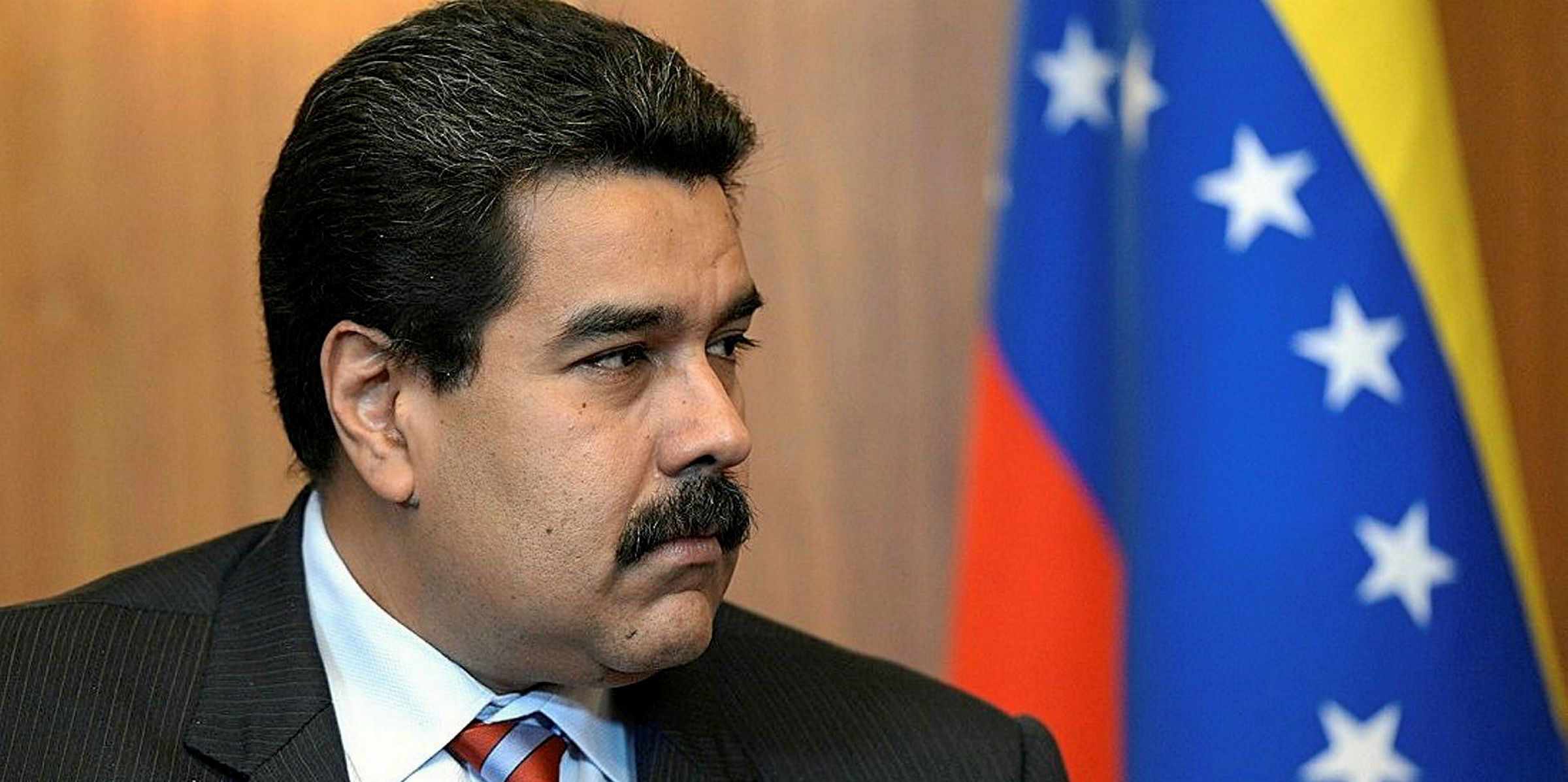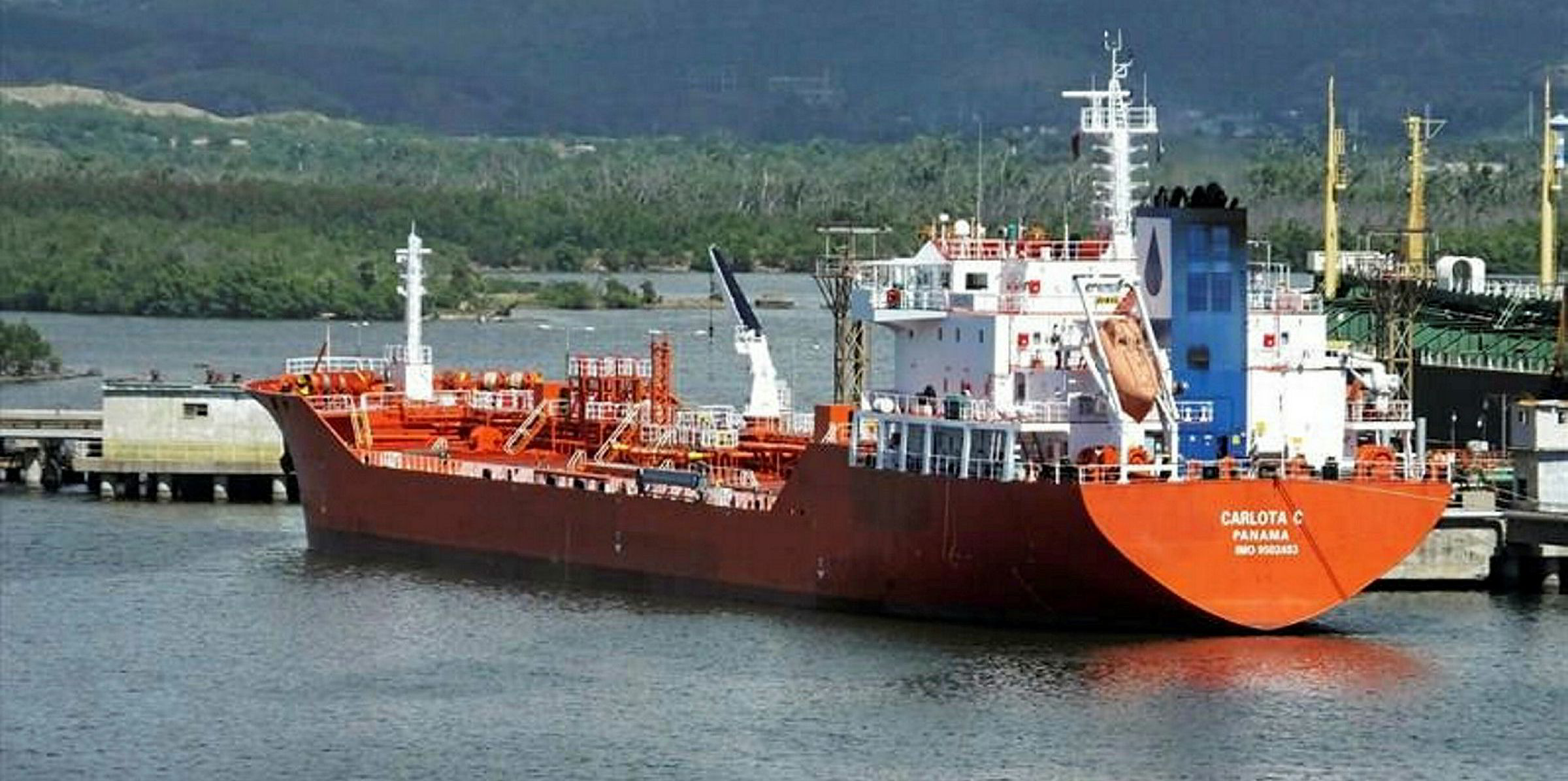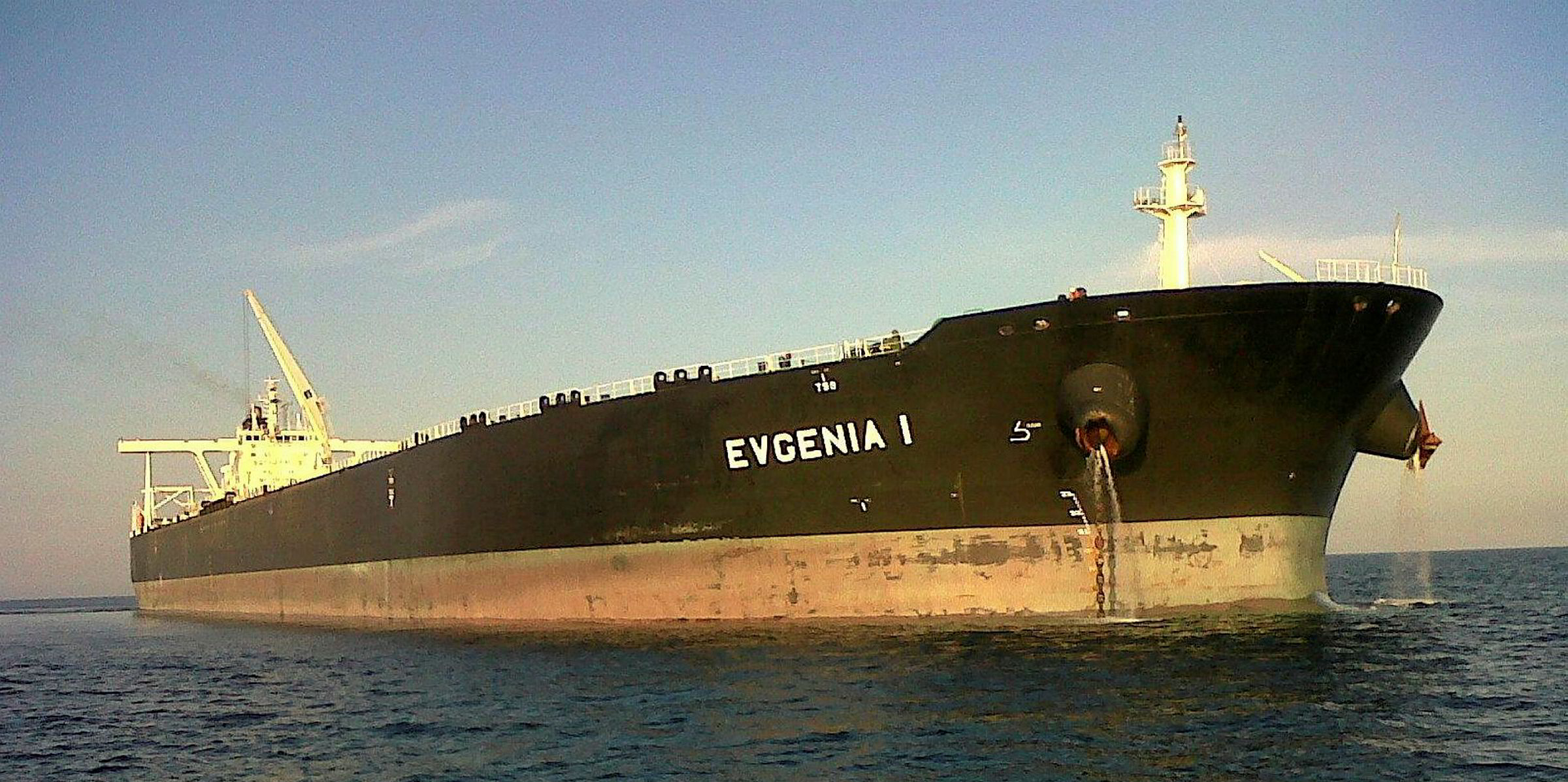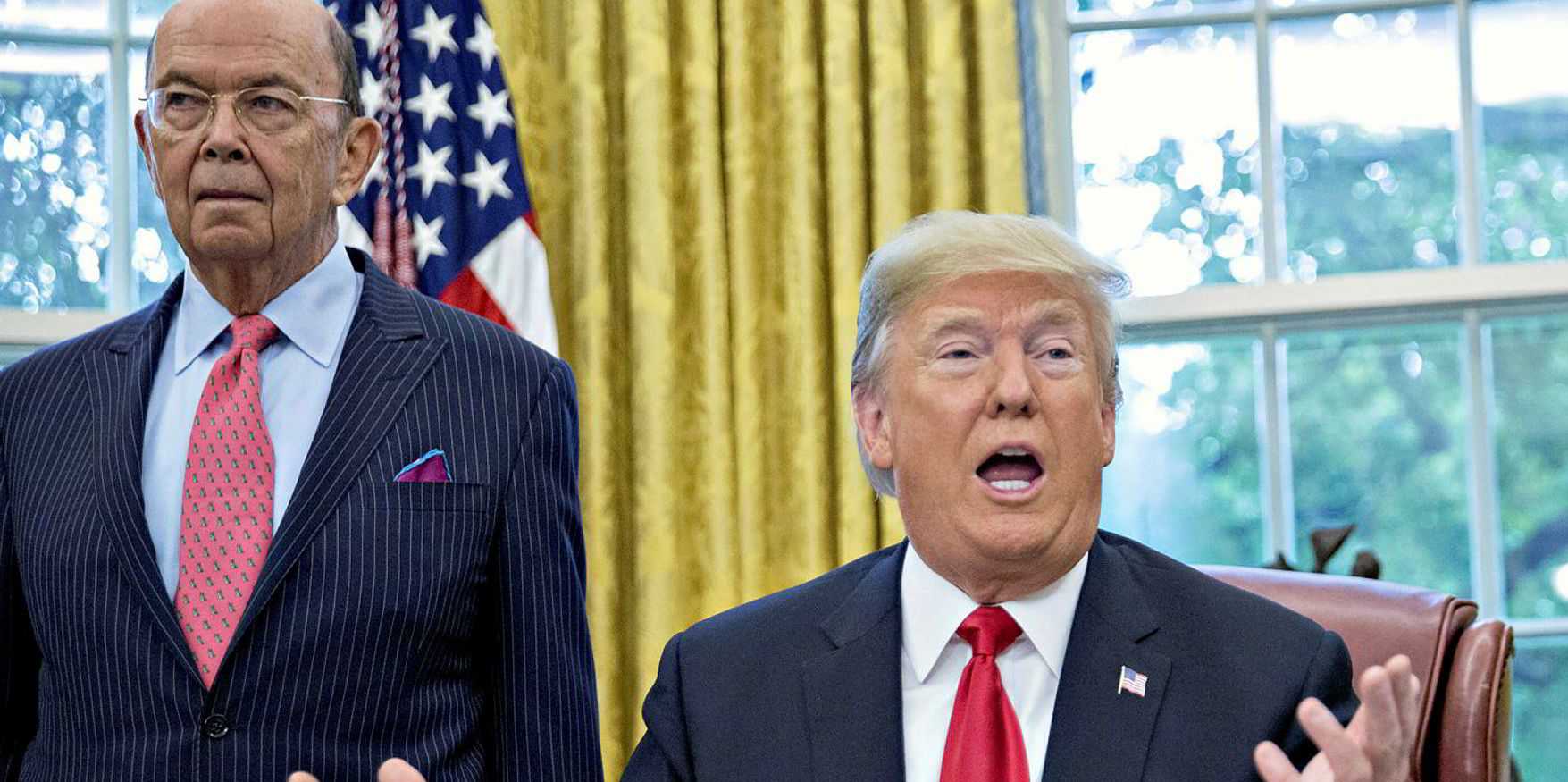The high-risk, high-reward Venezuelan tanker trade has come under the spotlight again as some major charterers steer away from tonnage linked to its oil flows.
Faced with crippling US sanctions on its oil sector since 28 January, the Opec member has been forced to reduce exports of crude and imports of petroleum products.
Still, data from VesselsValue shows 552 tankers totalling 65.4m dwt visited Venezuela in the year to 30 September — 88 VLCCs, 62 suezmaxes, 149 aframaxes and LR2s, 53 panamaxes and LR1s and 200 MRs or small ships.
Washington has never explicitly stated that non-US entities would be liable to sanctions for participating in the Venezuelan oil trade outside of the US financial system.
However, it has gradually ramped up pressure on President Nicolas Maduro’s regime by adding new Venezuelan personnel to the sanctions list in recent months.
‘Informal assurance’
In the third quarter, the US Department of the Treasury also issued statements saying non-US persons could face sanctions for operating within the Venezuelan oil sector. Supporting Petroleos de Venezuela SA — the national oil company — or other entities linked to the government is also sanctionable.
“The way political winds are blowing, things are risky,” Bruce Paulsen, a partner at US law firm Seward & Kissel, said.
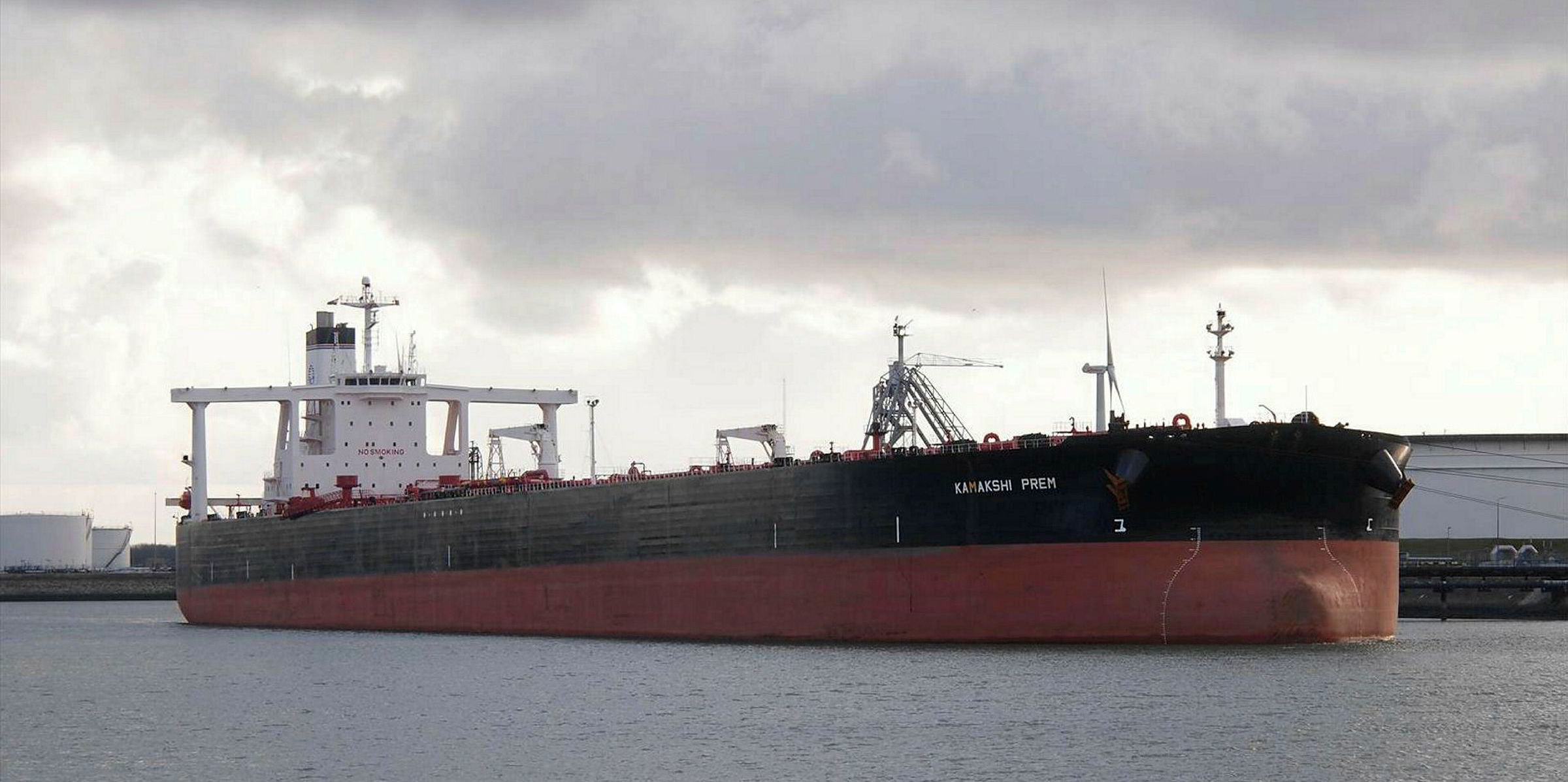
A non-US person can still risk being put on the sanctions list for trading in Venezuela, he added. “You need to be careful... it depends on whether you have done your homework.”
So far, the US has targeted only tankers involved in the Venezuela-Cuba trade, trying to disrupt the alliance between the two countries. But the sanctions risks have kept many tanker owners away from Venezuela, leading to significant premiums for those willing to trade there, according to market sources.
You need to be careful. It depends on whether you have done your homework
Bruce Paulsen:
In early October, the 299,200-dwt VLCC Respect (built 2006) was reportedly chartered to carry crude from Venezuela to Singapore for a lump sum of $20m, about 20% higher than the prevalent rate on the US Gulf to China trade, which takes longer.
A detailed analysis of VesselsValue data revealed that Greek owners have remained in Venezuela while others have retreated.
In the year to 28 January, when the US announced the sanctions, Greek owners were responsible for 21.4% of the 473 crude tanker shipments from Venezuela.
Yet Greek-owned tankers accounted for 63.9% of the 155 shipments between 29 January and 15 September this year, when Maran Tankers Management was the top VLCC owner in this trade, with 13 shipments. TMS Tankers dominated the smaller segments, with 15 suezmax and nine aframax shipments. Delta Tankers had six VLCC and seven suezmax shipments.
Maran declined to comment. TMS and Delta did not respond to emails seeking comment.
“It’s entirely possible that some of these shipowners have, through their US consuls, got some informal assurance,” said lawyer Jonathan Epstein, a partner at Holland & Knight, who stressed that his comments were on a speculative basis.
Eastern Mediterranean Maritime, which was involved in some Venezuelan shipments, said those that chartered tankers to lift from Venezuela were mainly recovering “old debts”. Some oil majors had invested in or lent to the Venezuelan oil sector, so they are apparently eligible to get crude in return.
“For these liftings during the current year, there is no payment of whatsoever nature directly or indirectly to PDVSA,” Eastern Mediterranean Maritime said. “It is a process to recover old debts, which apparently is not under sanction by the US authorities.
“Consequently, the transport of these cargoes does not and has no intention to violate the US sanctions.”
Still, some important charterers have apparently gone beyond what Washington asks.
In their charter contracts, Unipec and ExxonMobil are understood to ban vessels that visited Venezuela in the past year. Trafigura, Phillips 66 and Equinor are reported to have comparable requirements.
Legal experts suggested those precautionary measures are to obtain indemnity from shipowners in case sanctions tighten.
“They don’t want to enter a charterparty, then the vessels are designated as [sanctioned entities] and they have millions of dollars of cargoes onboard,” Epstein said.
Chinese tanker giant Cosco Shipping Energy Transportation is mostly out of trading after one of its main subsidiaries was sanctioned by the US. With seasonal demand and IMO 2020 also boosting vessel demand, VLCC earnings have reached a historically high level. Suezmax and aframax earnings are at multi-year highs.
In theory, Venezuela-linked vessels might fetch lower rates than others due to the charter requirements, but tight tonnage conditions have kept a two-tier market from emerging.
“It all depends on the local circumstances in the market,” a tanker player said. “If a ‘Venezuela’ ship is the only game in town, I still expect it to get at least last done.”
Another tanker player commented: “Plenty of other cargoes for those affected Greeks to fix.”
There are even reports that the big charterers have not been able to enforce the strict terms at times, with the difficulty in finding suitable vessels in spot trade.
“Considering how tight the market is, this practice does not appear to be rigidly enforced right now,” Gibson Shipbrokers senior market analyst Svetlana Lobaciova said.
.
Harry Papachristou contributed to this article
